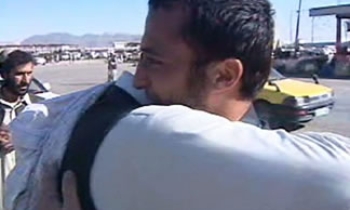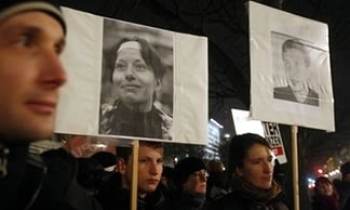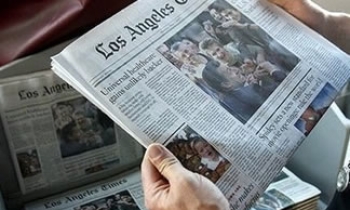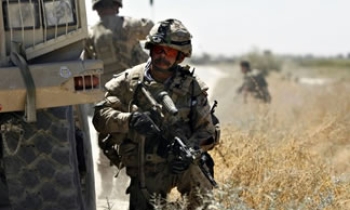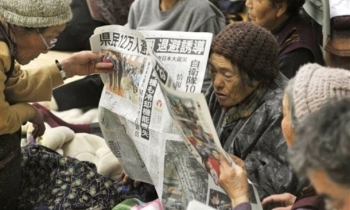The International Federation of Journalists (IFJ) has welcomed the decision of the Iraqi Prime Minister Nouri al-Maliki to withdraw legal action against a website after an IFJ call for restraint by Iraq's political leaders in their dealings with media.
At a historic meeting of journalists' leaders from 30 countries in Baghdad ten days ago IFJ had called for more professionalism from Iraqi media and urged public figures to resist the impulse to rush to law to curb media mistakes.
Now Prime Minister Maliki has withdrawn his lawsuit against the Iraqi website Kitabat, which operates out of Germany, after it reported allegations of nepotism against his chief of staff in an article published in January this year. Under harsh local legislation the website could have faced a penalty of 630,000 Euro if the complaint had been upheld.
"This decision is a signal that political leaders are listening to calls for change," said Aidan White, IFJ General Secretary. "There are better ways to resolve complaints than the intimidating option of court action."
Statements that the Iraqi courts had already imposed a one billion Dinar fine in this case, made by press freedom group Reporters sans Frontières (RSF) and repeated by the BBC Monitoring Service, angered the leaders of the Iraqi Journalists Syndicate in Baghdad who say the authorities had only informed the parties of the complaint and no formal decision had been taken.
However, the decision by Maliki has now taken the case off the table. His action follows the Iraqi Journalism Summit 2009 held in Baghdad on May 24 and when IFJ launched an Iraq Ethical Journalism Initiative programme. Maliki spoke at the event and supported efforts to build dialogue. In his contribution White called for a new approach to resolving disputes between the authorities and media.
He told the audience of journalists, ambassadors and Iraqi political leaders: "We in media have a duty to investigate and scrutinize public affairs, but we must be careful about how we report these issues. We should not accuse others of corruption, dishonesty or malpractice without good reason and the facts to justify our opinions.
"At the same time powerful people should not rush to the courts to penalise journalists for mistakes that are only symptomatic of a lack of professionalism rather than genuine malice."
IFJ has launched the ethical journalism campaign at a time when standards in Iraqi journalism are compromised by the undue influence of powerful politicians and interest groups who use media as propaganda weapons for political in-fighting.

